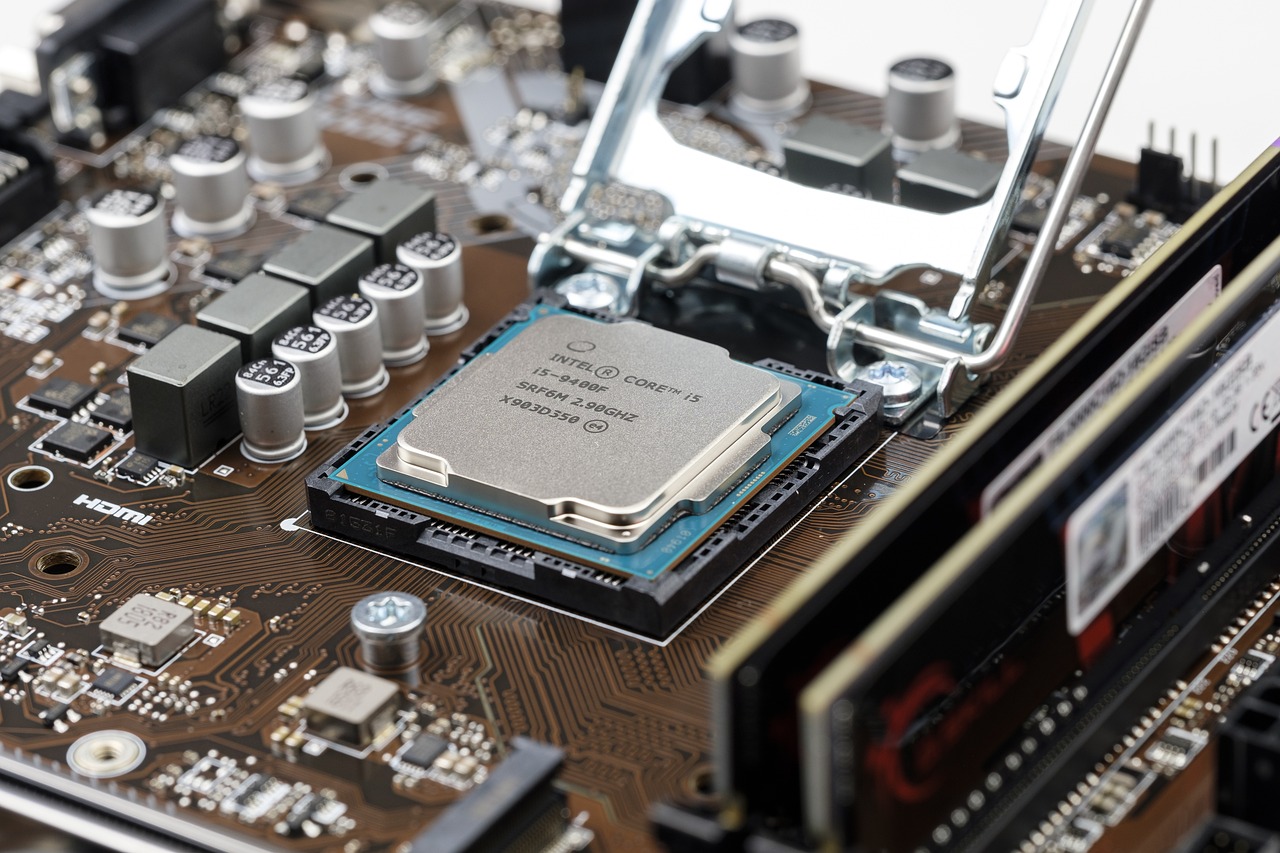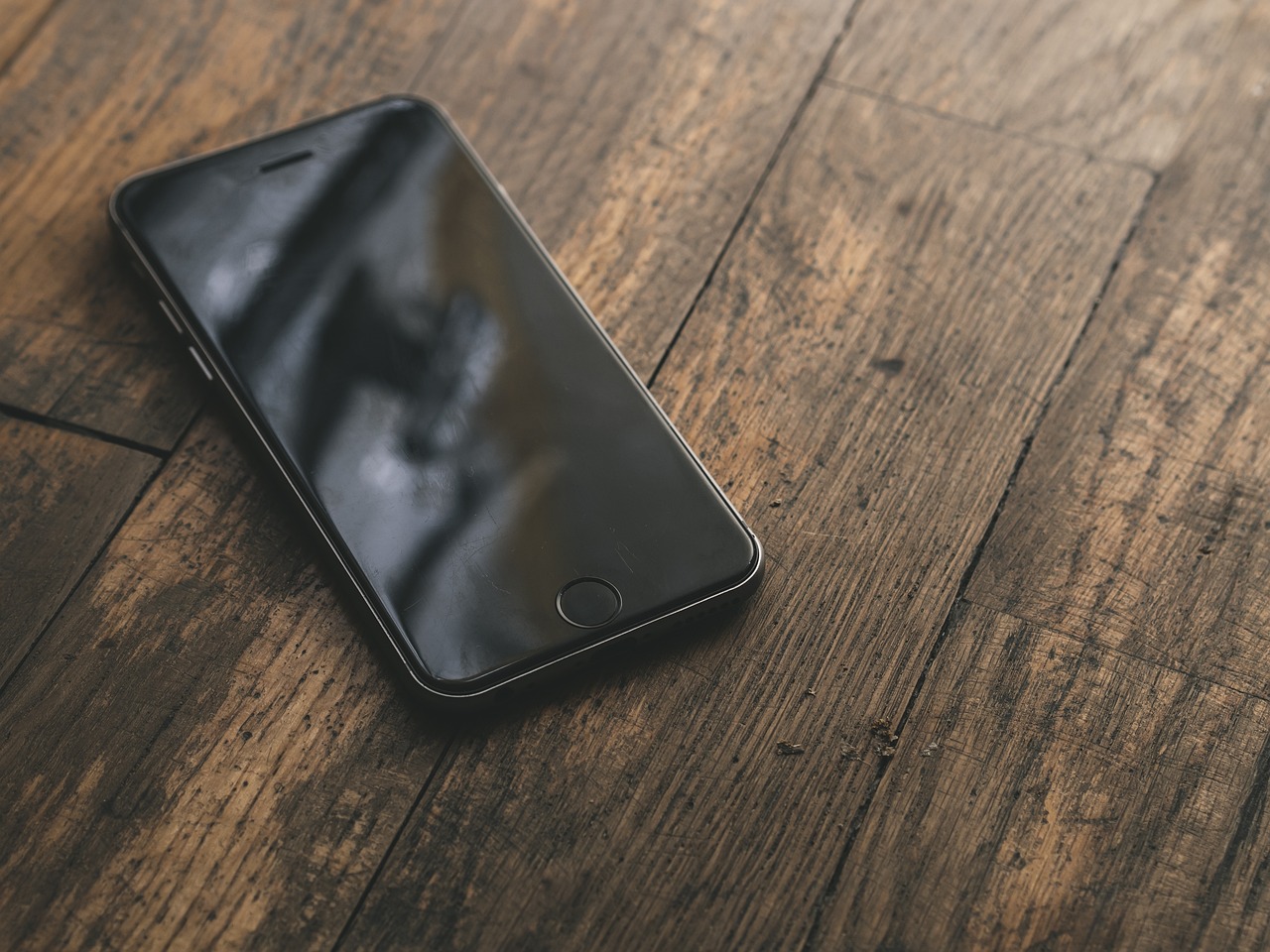Forget the sterile, futuristic vision of hospitals from sci-fi movies. The reality of AI in healthcare is far more nuanced, exciting, and, yes, even a little weird. We’re not talking about robots replacing doctors just yet (although robot nurses are definitely a thing!), but AI is undoubtedly revolutionizing the way we diagnose, treat, and manage our health.
So, ditch the stethoscopes and settle in for a tour of some of the coolest AI applications that are transforming healthcare:
Doctor, Give Me That Algorithm:
Imagine an AI that can analyze your X-ray in seconds, spotting a tumor your doctor might miss. Or one that predicts your risk of heart disease with uncanny accuracy by crunching through your medical history. That’s the power of AI-powered diagnostics. These algorithms are trained on massive datasets of medical images and patient records, giving them superhuman vision and analytical skills. Think of them as Sherlock Holmes for your health, except with way less deerstalker obsession.
Robots: Your Friendly Neighborhood Nursebots:
Move over, Florence Nightingale, there’s a new nurse in town, and she’s made of metal. Robot nurses are whizzing around hospitals, dispensing medication, taking vitals, and even keeping patients company. These tireless bots free up human nurses for more complex tasks, while also providing constant care and monitoring. Plus, let’s be honest, who wouldn’t want a robot to remind them to take their meds with a friendly boop on the arm?
Mind Reading for Medicine:
Forget crystal balls, the future of medical diagnosis might involve reading minds (sort of). Brain-computer interfaces (BCIs) are devices that can decode brain activity and translate it into commands. Imagine paralyzed patients controlling robotic limbs with their thoughts, or doctors diagnosing mental health conditions by analyzing brain scans. The possibilities are mind-blowing (literally!).
AI-Powered Therapy: Chatbots Who Care:
Feeling down? Can’t afford a therapist? Don’t worry, there’s an app for that (or rather, an AI chatbot). AI-powered therapy bots are becoming increasingly sophisticated, offering emotional support, cognitive behavioral therapy techniques, and even personalized advice. They may not be human, but they can provide a safe space to talk and learn coping mechanisms, especially for those who might not have access to traditional therapy. And let’s face it, sometimes venting to a non-judgmental robot can be pretty cathartic.
The Future is Personalized:
One of the most exciting things about AI in healthcare is its potential for personalized medicine. By analyzing your unique genetic makeup, lifestyle choices, and medical history, AI can create tailored treatment plans and even predict your risk of future diseases. This means doctors can move away from the one-size-fits-all approach and focus on what works best for you. No more feeling like you’re just another statistic in the system.
Of course, AI in healthcare isn’t all sunshine and rainbows. There are ethical concerns about data privacy, job displacement, and the potential for bias in algorithms. But the potential benefits are undeniable. AI has the power to make healthcare more accessible, efficient, and personalized than ever before. So, the next time you step into a doctor’s office, don’t be surprised if you’re greeted by a robot nurse or have your brainwaves analyzed by an algorithm. The future of medicine is here, and it’s powered by AI. And hey, who knows, maybe one day we’ll even have robot doctors who can give pep talks like in the movies. Now that would be something to see!




